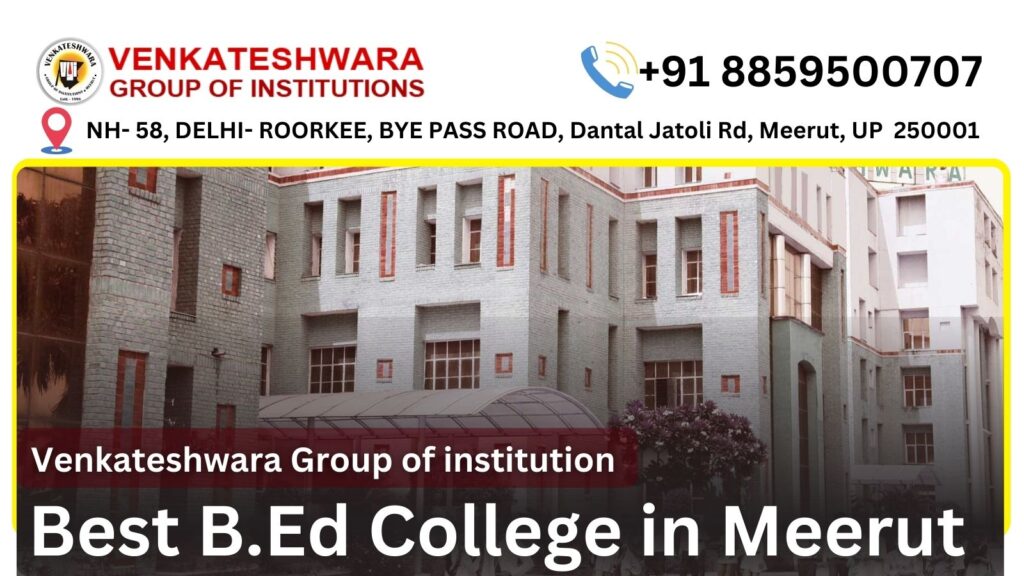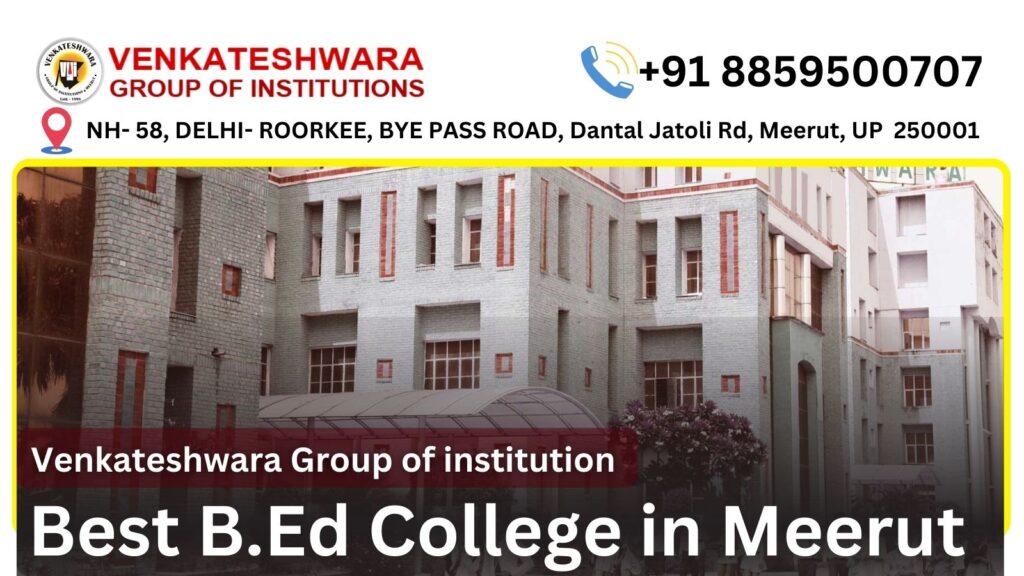Is B.Ed. Done After 12th?

The Bachelor of Education B.Ed Full Form is a crucial qualification for those aspiring to become teachers, but it cannot be pursued directly after completing 12th grade. Here’s a detailed overview of the B.Ed program, its eligibility criteria, and alternative pathways for aspiring educators.
Understanding B.Ed
Definition and Purpose: The B.Ed Course Duration is an undergraduate degree designed to prepare individuals for a career in teaching. It typically spans two years and includes both theoretical coursework and practical teaching experience. The curriculum covers essential topics such as educational psychology, pedagogy, curriculum development, and classroom management. B.Ed Course Fees
Eligibility Criteria
To enroll in a B.Ed program, candidates must fulfill specific educational requirements:
- Graduation Requirement: Students must complete their graduation in any discipline (e.g., B.A., B.Sc., B.Com) with a minimum percentage (usually around 50%).
- Alternative Pathways: While direct entry into B.Ed after 12th is not standard, some universities offer integrated programs like the Bachelor of Elementary Education (B.El.Ed), which combines undergraduate education with teacher training over four years.
Alternative Courses After 12th
For those looking to enter the teaching profession immediately after high school, several alternatives exist:
- Diploma in Elementary Education (D.El.Ed): This two-year diploma qualifies individuals to teach at the primary level.
- Bachelor of Elementary Education (B.El.Ed): A four-year integrated program that allows students to become qualified elementary teachers immediately after 12th grade.
Admission Process
Admission to B.Ed programs typically involves:
- Entrance Exams: Many institutions require candidates to pass entrance examinations.
- Interviews: Some colleges may also conduct interviews as part of the selection process.
Career Opportunities
Upon completing a B.Ed program, graduates can pursue various teaching roles:
- Teaching Levels: Graduates can teach at middle school (VI-VII), secondary (IX-X), and senior secondary (XI-XII) levels.
- Further Studies: Many choose to continue their education with a Master of Education (M.Ed) or even pursue doctoral studies in education.
Job Profiles
B.Ed graduates have diverse career options, including:
- School Teacher
- Educational Consultant
- Curriculum Developer
- Educational Administrator
- Online Tutor or Content Creator.
Conclusion
While a B.Ed degree is essential for teaching in India, it requires prior completion of an undergraduate degree. Aspiring educators who wish to enter the profession immediately after 12th grade can consider alternative pathways like D.El.Ed or integrated B.El.Ed programs. These options provide valuable opportunities for those passionate about education and teaching.
REFRENCE 1 ||| REFRENCE 2 ||| REFRENCE 3 ||| REFRENCE 4 ||| REFRENCE 5 ||| REFRENCE 6 ||| REFRENCE 7 |||
क्या आपने ये पढ़ा ?



